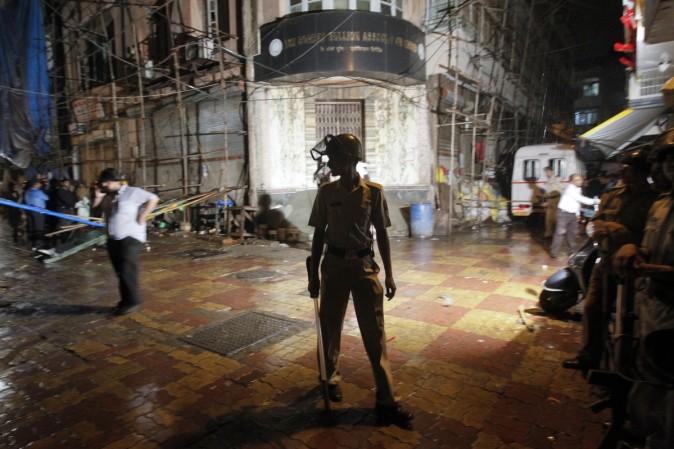
Over 250 people were killed while more than 710 injured in a series of 13 blasts that ripped through the city of Mumbai (Bombay then) on March 12, 1993. The commercial capital of the country was brought to its knees in the first major terror attack in India and it had changed the city for ever.
The Mumbai blasts were the reaction to the demolition of the Babri Masjid in Ayodhya in UP on December 6, 1992, and the religious riots in Mumbai in January 1993 in which several Muslims were killed. The retaliation was aimed at the Shiv Sena, the right-wing outfit based in Maharashtra which was trying to make a political point under the leadership of Baal Thackeray.
It was the beginning of a phenomenon called urban terror in India, more for Mumbai as the city went on to face more such adversities in the decades to come, the last being the terror attack of November 2008.
The commercial capital was repeatedly attacked to break the backbone of the country's economy but India's journey has not been disrupted by it. Mumbai's "strong psyche" has been emphasised on again and again, saying how unbreakable its spirit is though in reality, its citizens were left to nurture their own courage in the face of the onslaught. The failure of the administration to protect Mumbai from future attacks was the actual story of shame which is less spoken about.
In today's world where terror is a frequent term, the blasts in Mumbai over two decades ago seems more as something from the past life. But what has kept it relevant in our lives yet today is the ever-continuing judicial process. The procrastination of law has kept it alive in the minds of the Indians, just as the Babri Mosque demolition three months prior to it.
The Babri demolition, riots in Mumbai and the Mumbai blasts are today more relics from the disturbed past that haunt those who were affected by it personally. Time has rather acted as a better agent than law to assuage the feelings that were immensely hurt by those actions, irrespective of the religion. Mumbai blasts had seen a deadly blending of religious animosity and terror, something India has not seen on an alarming scale for some time now.
It is high time we permanently conclude these cases from the past that do nothing more than reviving the pain for some people today and give the media something to feed upon on an otherwise dry day. India has moved forward. There is no necessity really to keep on digging the graves in the quest to delivering justice which looks jaded after so many years.








!['Lip lock, pressure, pyaar': Vidya Balan- Pratik Gandhi shine in non-judgmental infidelity romcom Do Aur Do Pyaar [ Review]](https://data1.ibtimes.co.in/en/full/797104/lip-lock-pressure-pyaar-vidya-balan-pratik-gandhi-shine-non-judgmental-infidelity-romcom.jpg?w=220&h=138)








